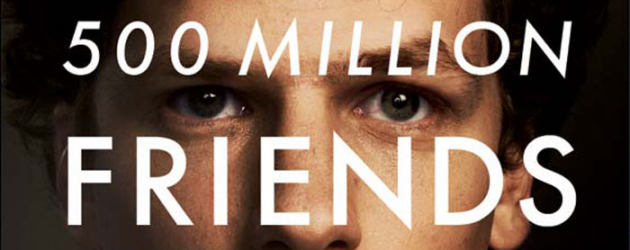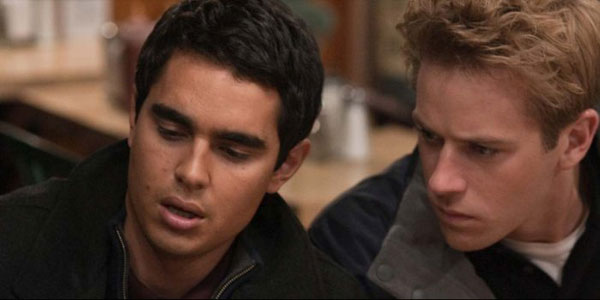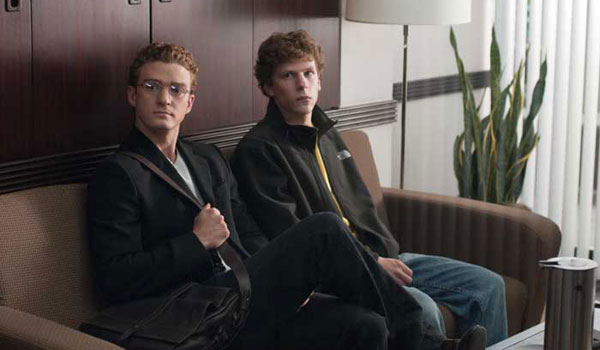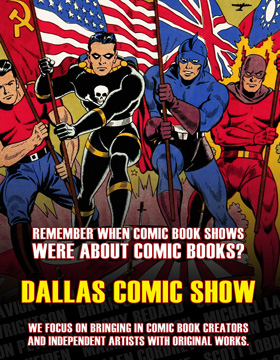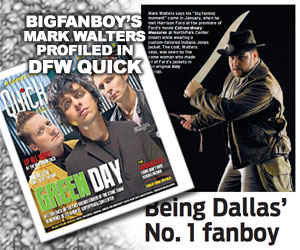.
.
If you’re a fan of the Bigfanboy Livecast, you already know my thoughts on THE SOCIAL NETWORK, which (in case you’ve been living under a social rock) is the David Fincher-directed film about the founder of Facebook, Mark Zuckerberg. The movie opens this weekend, and is already generating a tremendous amount of buzz both on and offline. But do moviegoers really want to see a film about a guy who created a social networking website? Could it really be that interesting? THE SOCIAL NETWORK features a screenplay by TV series guru Aaron Sorkin, and is based the book “The Accidental Billionaires” by Ben Mezrich. The question on everyone’s mind right now is how factually accurate are the events depicted in the movie… a question which was also posed on the Facebook-heavy documentary CATFISH. While CATFISH claims its events to be completely true and occurring as shown, THE SOCIAL NETWORK makes no such claims, other than to be based on true events… as so many biopics are known to say these days.
The film opens in 2004 with young Harvard students Mark Zuckerberg (Jesse Eisenberg of ZOMBIELAND fame) and his girlfriend Erica Albright (Rooney Mara, soon to play the title role in Fincher’s remake of THE GIRL WITH THE DRAGON TATTOO) discovering their relationship is no longer working. Much to Mark’s chagrin, Erica dumps him. In a semi-intoxicated state, Zuckerberg sits in his dorm room posting nasty messages about Erica on his Livejournal account (for those not familiar, an earlier version of blogging), eventually begins hacking into all of the campus fraternity sites, and creating a website in which students can rate who is better looking between two photos. His site, “Facemash”, becomes such an instant hit on the campus, it literally crashes the Harvard server. Zuckerberg begins to realize his true potential and impending power, with the help of his friend Eduardo Saverin (soon to be new SPIDER-MAN Andrew Garfield). Once the server incident gains publicity, Harvard jock standouts Cameron and Tyler Winklevoss (played creatively by actor Armie Hammer, using Josh Pence as a stand-in with Hammer’s digitally mapped face on him) along with their advising friend Divya Narendra (Max Minghella, son of the late great director Anthony Minghella) approach Mark asking him to build a website similar to Myspace, but more exclusive to Harvard students. Initially Zuckerberg agrees, but begins putting them off, and utilizing Eduardo’s money creates his own social networking website called The Facebook. It becomes an instant hit, and in no time is expanded to include surrounding schools as well. The Winklevoss twins and Narendra become understandably upset by this, and as The Facebook grows to international levels of popularity, they decide legal action must be taken. Jumping on board the Zuckerberg/Saverin success train is Sean Parker (Justin Timberlake), the creator of the once-big but ultimately failed music website Napster, who becomes a distraction and inspiration to Zuckerberg, also driving a wedge between Mark and Eduardo.
That’s THE SOCIAL NETWORK in a nutshell, without going into the inevitable outcome – these days with a little Wikipedia, you can easily discover the end result of any biopic with just a few minutes of online reading. Now while a lot of what I just told you may not sound terribly fascinating, here it absolutely is. Want to know why? David Fincher. The proven director who has given us hits like FIGHT CLUB and THE CURIOUS CASE OF BENJAMIN BUTTON shows every ounce of his talent with this carefully crafted tale. Sequences involving people and their lawyers sitting across from each other at a table become intense, funny, and fascinating to watch. Fincher keeps THE SOCIAL NETWORK moving at a breakneck pace, never once giving the audience a chance to drift with their attention. Shots are creatively put together, and the use of sound and music in layering brilliance brings this whole thing together in the finest of ways. This is easily Fincher’s most accessible film to date. The film never slows down, and maintains an impressive consistency. This is what movies should strive to be. Much of the project also rests on the shoulders of the two principal actors. Jesse Eisenberg is fascinating in every frame, and Andrew Garfield is immensely likable. Playing a character like Zuckerberg had to be a challenge, as inherently his personality has no reason to be engaging. But Eisenberg layers intensity with a level of disconnect few actors can pull off. His characterization of Mark Zuckerberg is smart and well-timed, making this a man you can’t take your eyes off of, though one you’re never particularly fond of. Andrew Garfield really impresses as well, showing vulnerable traits with Saverin, only after the man’s own arrogance and vanity outweighed his better judgement. He gets the biggest arc here, and it’s somewhat heartbreaking to witness. Outside of Terry Gilliam’s inspired but disjointed THE IMAGINARIUM OF DR. PARNASSUS, I wasn’t terribly familiar with Garfield’s work, and it’s nice to see a showcase piece like this help demonstrate his obvious abilities.
The supporting cast is also great, particularly in the subdued but effective performance by Justin Timberlake, who played Sean Parker as an unsympathetic, all about the dollar kind of guy. His own failures with Napster and other ventures never get him down, because he truly believes there’s a bigger picture, and everything creates a positive end result… no matter who gets left behind in the crossfire. Armie Hammer also gets a challenging role as the Winklevoss twins. I think myself like many who saw the film did not realize at first this was in fact one actor’s face being doubled on screen. The work on the Winklevoss boys is quite simply the most amazing on-screen “twin” effect I’ve ever witnessed. Hammer’s slight nuances in each twin’s characterization makes these personas amazing to behold. Max Minghella holds his own with Armie, displaying the right balance of professionalism and rage, all in a business-minded personality. We’re also treated to charming if not brief performances by THE OFFICE‘s Rashida Jones as one of Zuckerberg’s more sympathetic attorneys, and Disney actress Brenda Song, playing a neurotic and unpredictable girlfriend to Saverin. David Selby also returns to the big screen getting some nice exchanges with Eisenberg in the legalese scenes. It’s these small and sometimes understated roles that help polish the overall brilliance of the film.
Wrapping it all together is a hauntingly perfect score by Nine Inch Nails’ own Trent Reznor and newcomer composer Atticus Ross (THE BOOK OF ELI). Their various melodies complement the film greatly, and give it a final touch that feels just right. I can’t imagine this movie working without this soundtrack, and I can’t imagine this soundtrack with any other movie. Overall, THE SOCIAL NETWORK is pretty close to perfection in moviemaking. This is David Fincher’s ultimate masterpiece, in my opinion of course. I also say that being a big fan of his previous works, particularly FIGHT CLUB. But again, there’s an accessibility here that’s not even present in critically-acclaimed Fincher fare like BENJAMIN BUTTON or SEVEN. This film is on the surface pretty flawless, leaving us with the one repetitive question… how true is it? Obviously Hollywood knows how to make even the most boring real life events seem fascinating, so how much of THE SOCIAL NETWORK is fact? I think it’s safe to say much of the legal outcome represented in the film is legitimate, as you can’t change the end results on those sorts of things too much, especially when those numbers are easily found online. The in-betweens of it all are most likely segments utilizing the highest amount of fiction. I’m okay with that though, because the end result works beautifully. So to answer the question, “how factually accurate are the events depicted in the movie”, I think you must first ask yourself how factually do you want them to be told? Do we really buy tickets to see “true stories” so we can see what actually happened, or do we view them to be entertained and learn just a bit of what really went down? It’s an argument that will definitely divide moviegoers, but a nice point of discussion. Maybe I’ll discuss it further… on Facebook perhaps.


